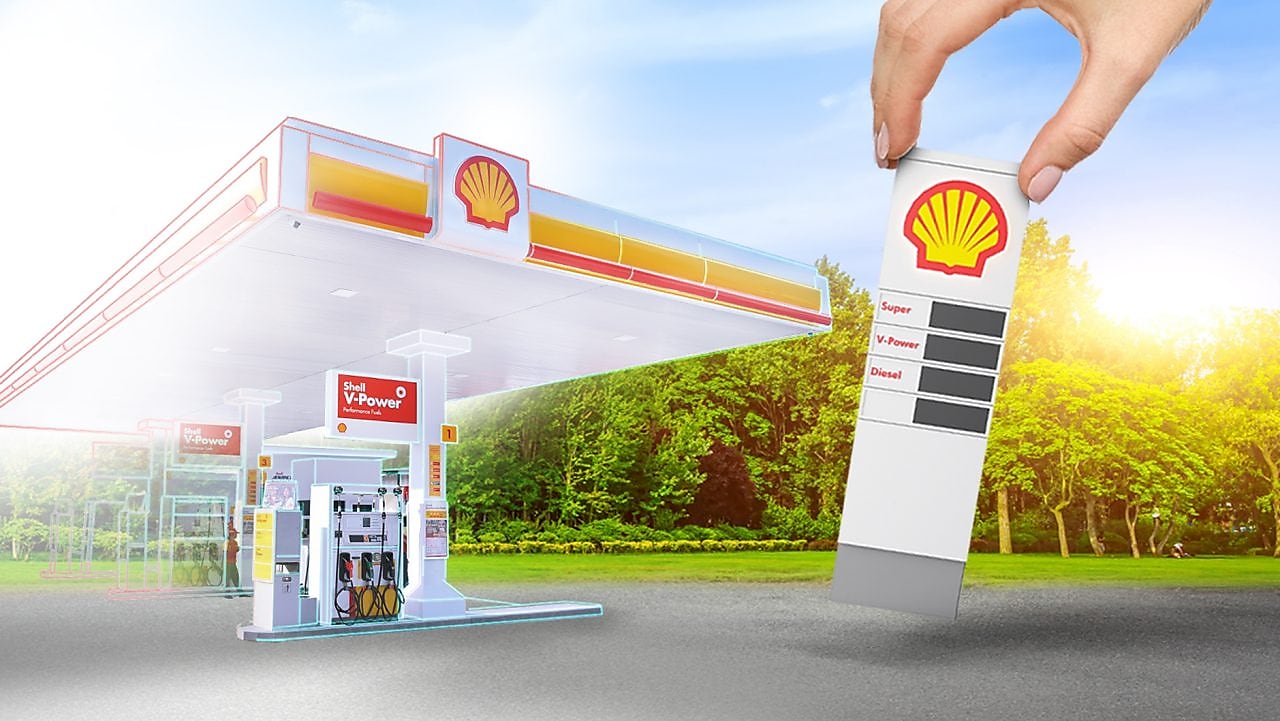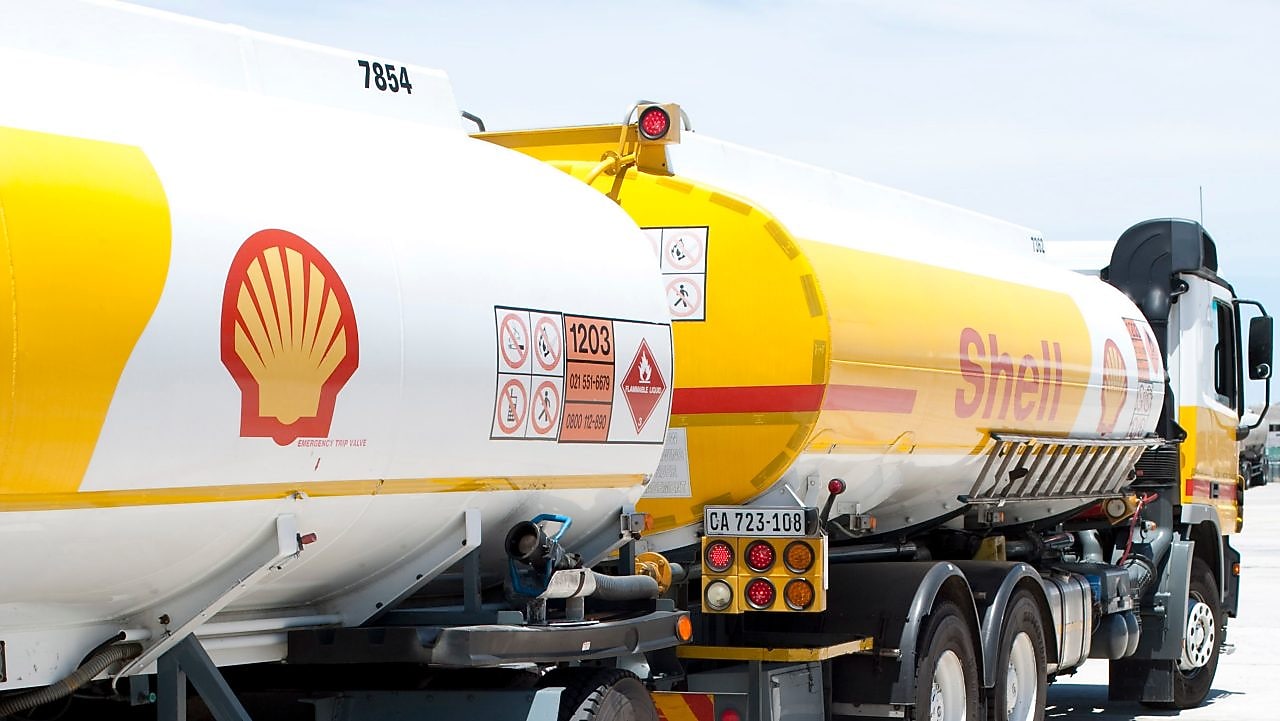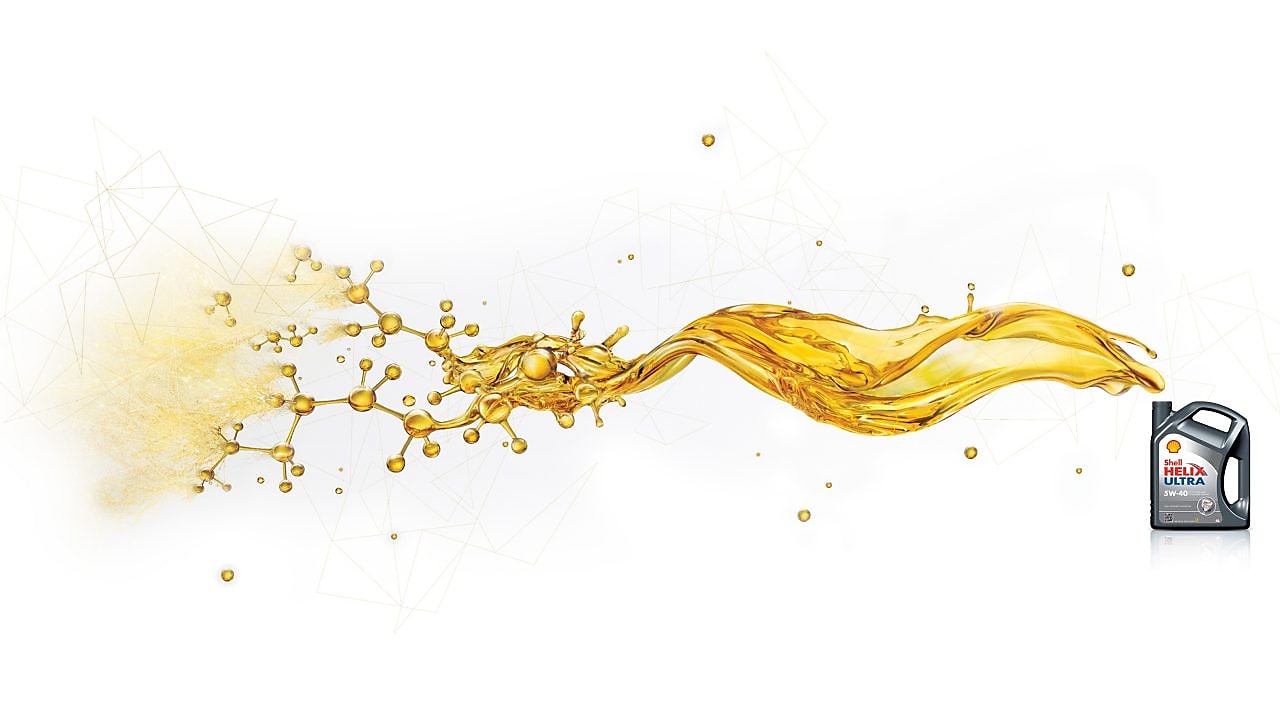
Konsumen Bisnis
Kami menyediakan bahan bakar transportasi dan solusi industri yang canggih kepada perusahaan korporat dan distribusi di berbagai industri di seluruh dunia termasuk transportasi, pertambangan, manufaktur, pembangkit listrik, dan energi rumah tangga.





